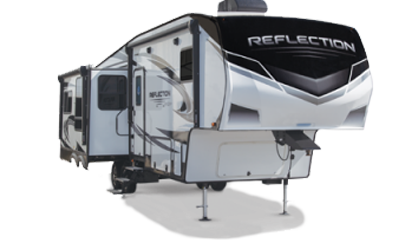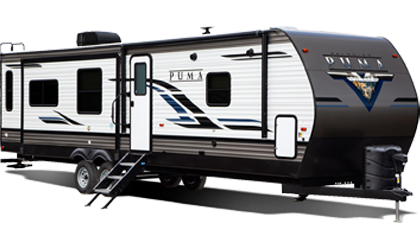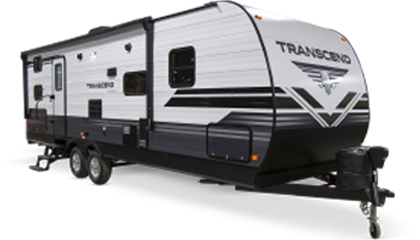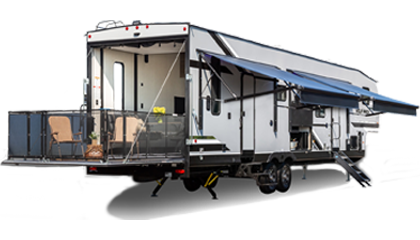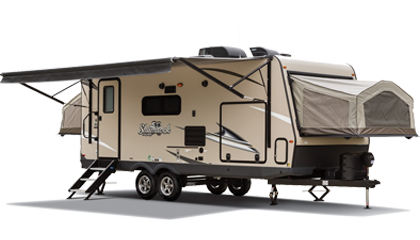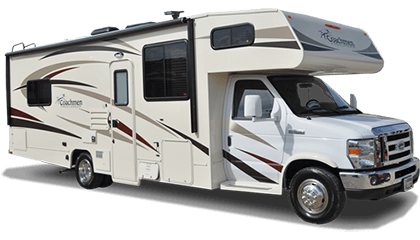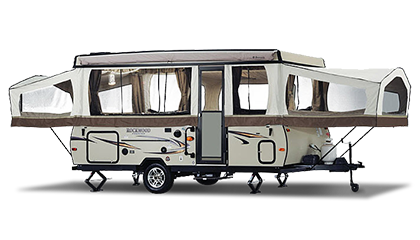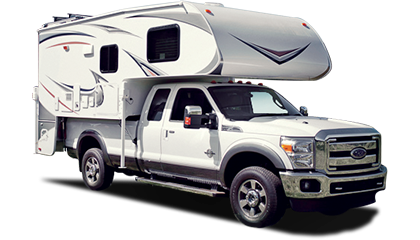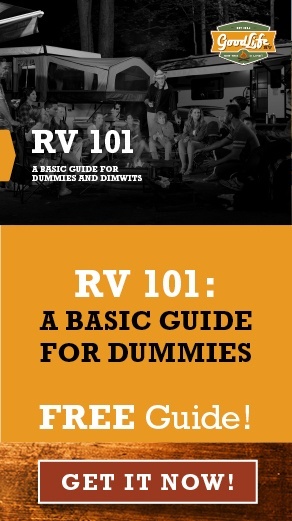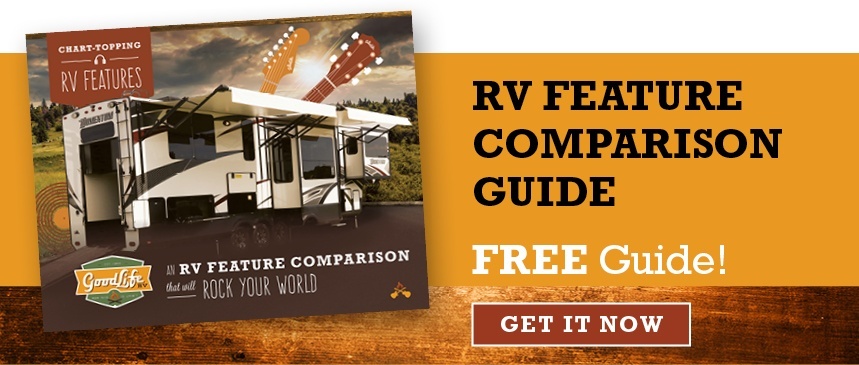RV Slang: Talk The Talk (A-F)

RVers have their own private world to enjoy full of scenic views, surrounded by friends and family, or alone with nature. However they choose to make their RV lifestyle, there are certain bonds that are shared by those who can understand only because they’ve been there and lived that life. If you’re new to the game, you might not be up on the lingo, but don’t worry. We’re here to give you the lowdown in this series of posts. First up – the letters A through F.
A
AC totally means “air conditioning,” right? Nope. Here it stands for “alternating current,” which is a type of electricity that is the same as what you might find in a house.
The actual weight of a vehicle is just that – how much it weighs. This is taken without any extras, people, cargo or otherwise.
The airbag is more than just what you find in your standard family vehicle. There are extra shock absorbers in the forward and rear axles in your motorhome to help give you that smooth ride.
If you’re traveling in the winter or through cold climates, you may have purchased an Arctic Pack. You might see this sometimes spelled Arctic Pac or Arctic Pak. It’s basically an extra layer of insulation for holding tanks and water lines to help keep them from freezing. With this gem, the possibilities for your Good Life are endless.
B
You might not have known that some RVs have a basement built right in. It’s not like the basements you might be used to in the Midwest. This refers to a storage area below your RV that can be opened from the outside. Consider it a bonus space to store your stuff.
A batwing might be a familiar term for some, but for those who grew up in the ‘90s or after, it’s a version of the old school rabbit antennae for a TV that looks like a pair of wings.
This next term can really stink, but it’s a necessary one. The black water tank is where the waste from your toilet is held.
Boondocking is sometimes also called dry camping. For those who really want to be one with nature, it’s camping without any hookups.
The box is another word for your RV’s living space.
Your ride has a few safety features included to make sure you’re prepared for the worst. One of these is a breakaway switch that engages if your trailer and hitch aren’t connected while you’re moving down the road. It’s a way for your trailer to stop itself in case it decides to free roll.
C
Like an aircraft, your RV also has a cockpit. It’s the place that a driver and navigator sit.
The camper shell is a removable hardtop that goes over the bed of a pickup to make a sheltered place to sleep.
D
Another form of electricity is a DC current. This stands for direct current and is the kind that cars and other vehicles use. Think of it as the electricity that comes from the cigarette lighter in the car.
A dinghy is also known in some circles as a toad. It just means a vehicle being towed by an RV.
The dry weight, also DW, is your RV is how much is weighs without any fuel, water, propane or people.
Dump stations are places set aside just for emptying your black and gray water tanks. Never dump these tanks anywhere except these stations.
E
An extended stay site allows campers to say for months or even seasons at a campground.
F
You might hear someone say fiver while you’re out camping. It’s a slang word for a fifth-wheel RV.
By now you might also have heard of the FMCA. This stands for Family Motor Coach Association, and is an organization that gives members discounts, roadside assistance and more.
Full hookups are connections to electric, water and sewer while you’re docked at a campground.
And, someone who lives year-round in their RV? They’re called full-timers.
These are some examples of things you might hear while you’re out on your next adventure. Stay tuned for the next two parts of this three-part series on RV slang and terms you should know before hitting the road on your next trip celebrating your Good Life. See ya on the road!

